Three options (and one non-option) for a boost in mid-day energy
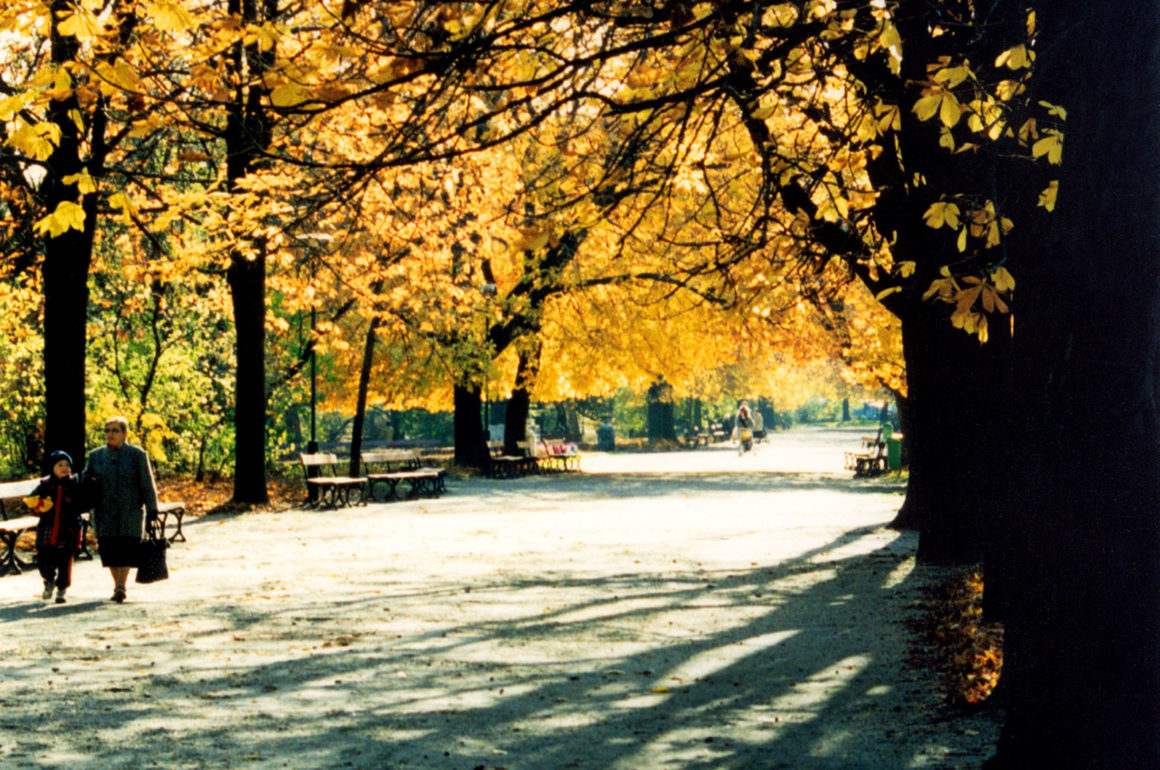
Most adults I know struggle through their day lacking energy. Mornings involve a healthy (or maybe an unhealthy) dose of caffeine, a hurried lunch, a sluggish afternoon, and then a race toward the evening’s finish line, trying to scrape up enough energy to help the kids with homework, make dinner, and get ready for the next day. By the time we fall into bed (usually too late to get enough sleep for the next day), we are close to exhaustion.
Length and quality of sleep as well as our diet are two huge contributors to our energy level during the day. Another is our trained metabolism, which is strongly influenced by our overall level of exercise.
But if we’re already tired and have a long afternoon or evening ahead of us, is there anything we can do right now to boost our energy?
Skip the afternoon coffee or Red Bull
Faced with flagging energy, many of us will be tempted to reach for coffee, tea, or an energy drink for its caffeine content. Drinking something with caffeine in it feels great: we perk up, our mind clears, and we feel our energy level rise (though not as much after our third or fourth cup during the day). Caffeine works like a credit card: by forcing a fight-or-flight response from our adrenals, we do indeed get a burst of energy, but it isn’t one that is free. We are technically borrowing from our body’s stores of energy. Our body responds to caffeine in exactly the same way that it would respond if an armed robber burst into our office waving a gun around and yelling. We have a burst of energy in the moment, but we’ll end up feeling even more exhausted and drained for hours (or even days) afterward. People who consume caffeine all day long in order to deal with low energy are forever running on fumes, never allowing their body to fully recover from what is essentially a chemical stressor.
Go for a short walk outside
Is there a better option? A short walk is as effective as caffeine for boosting our short-term energy level without the costly energy debt. We tend to think of exercise as taking from our already-depleted stores of energy rather than adding to it. This is true for sustained exercise (15 minutes or more of cardio) or high-exertion exercise (like weight lifting or HIIT). This is one of the main reasons why people have a hard time sustaining an exercise habit in the afternoons—we’ve already used up our energy and willpower for the day, making it very hard to convince ourselves to engage in yet another taxing activity.
But a short walk requires little in the way of willpower and is the perfect antidote to a long morning sitting at a desk, driving, or working at a computer. It causes our heart rate to rise, opens up our blood vessels, and improves our mood. Even better, try to take a walk in a natural setting—in a park, nature trail, or even a dense, tree-lined street. So-called “green” exercise is powerfully effective in boosting energy level for several hours after we engage in it.
Take a real mental and physical break
A walk outside may be impractical because of weather or location (or because we’ve already exerted ourselves too much already). In that case, even a short break can sometimes give us the boost we need to get through the end of the day.
The problem is that many of us have forgotten how to take an actual break. Given a few minutes between tasks at work or at home, we might be tempted to reach for our phone or open a browser tab to check Facebook, Twitter, or Instagram to see what we’ve missed. We might get updates on sports scores, play a game on our phones, or use the time to make some phone calls. While these things may be pleasant or distracting, they are not a true break. Each of them continues to eat up our energy because of the chemicals at work in our brains. Playing games, surfing Facebook, checking off tasks, or inquiring about things we want or desire are all dopamine triggers which activate a cycle of energy depletion in our brains. These are better thought of as task switching rather than an actual break from mental exertion.
True rest involves the cessation of directed mental and physical activity in order to let the body renew itself. Preferably move away from your work area, put away your phone or turn off notifications for a short interval. If you’ve been exerting yourself physically, sit down, rest your legs and back, and close your eyes. Let your mind wander, even if it feels like a chaotic mess, leaping from one thing to the next. That’s one way your mind deals with the threads of mental activity, untangling itself and reinforcing memories. Take some long, deep breaths, inhaling through your nose and exhaling through your mouth, which is another activity that increases energy and removes debilitating toxins from your blood.
If nothing else, take a few deep breaths
If you can’t take a walk and you can’t get away from your work for an actual break, you might simply try an interval of deep breathing. Pausing in the midst of work, closing your eyes for a moment, releasing the grip of mental concentration, and taking a few long, deep breaths will have a powerful restorative, energizing effect on your body. A mere thirty seconds of such a practice can mean the difference between exhaustion and a full but manageable afternoon or evening. Count to five as you inhale and then five more as you exhale.
Take Sabbath rest with you into your day
Remember that your strength is not limitless. Take the posture and attitude of the Sabbath with your throughout your day. Acknowledge the limitations of your energy and give your body the rest it needs even in the midst of a busy day. Such an attitude is conducive to a growing dependence on God who is with us no matter what we are doing. These little “Sabbath” rests are opportunities to become aware again of God’s presence and to draw on his guidance and strength for whatever comes next. It is this cooperation and co-working with God that is the task of every disciple of Jesus as we yield up our little kingdoms to his greater and more beautiful kingdom.



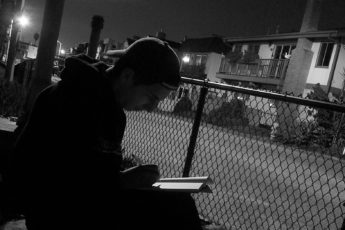
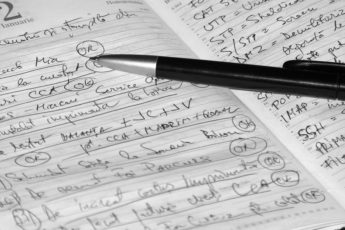
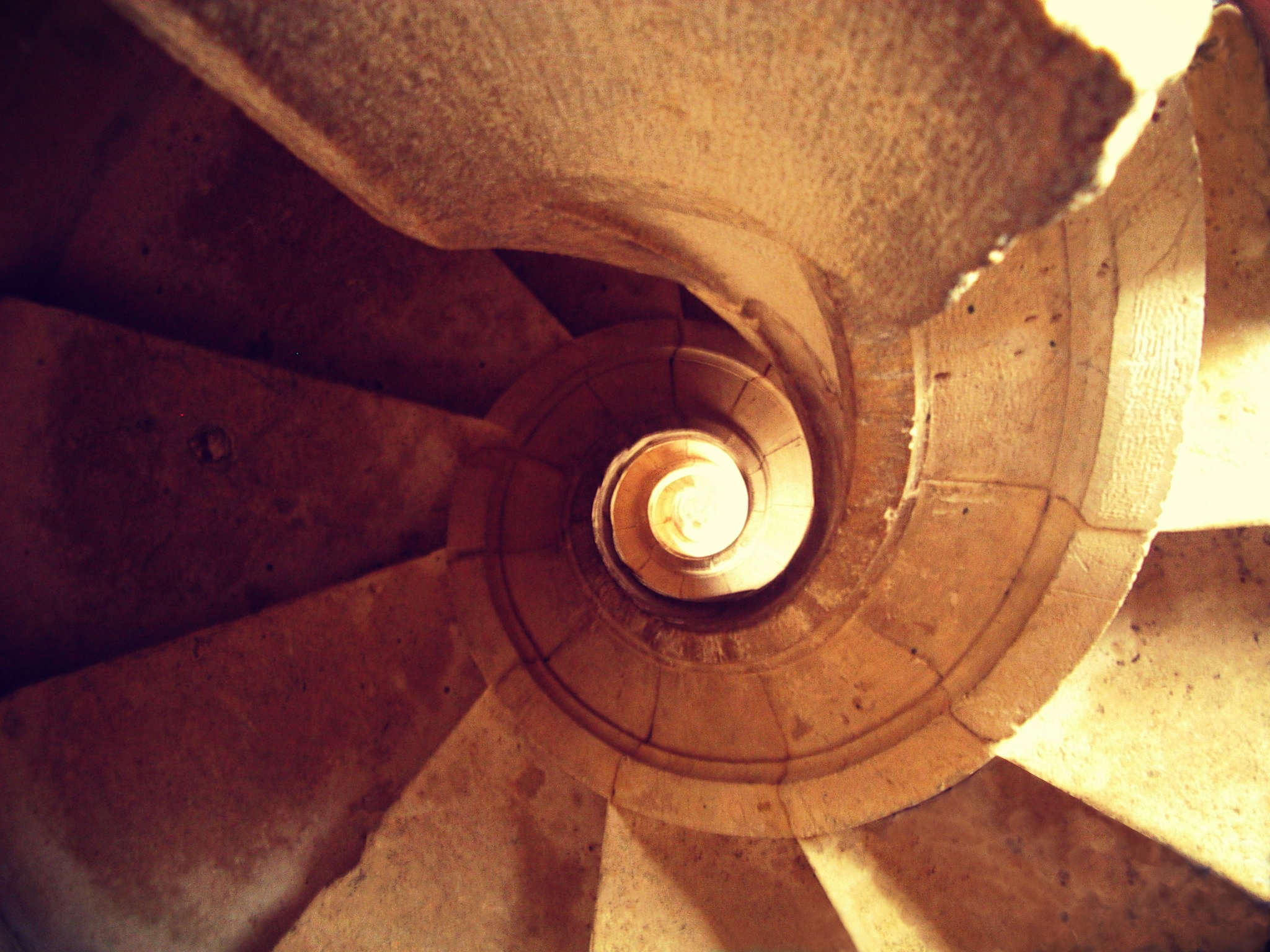


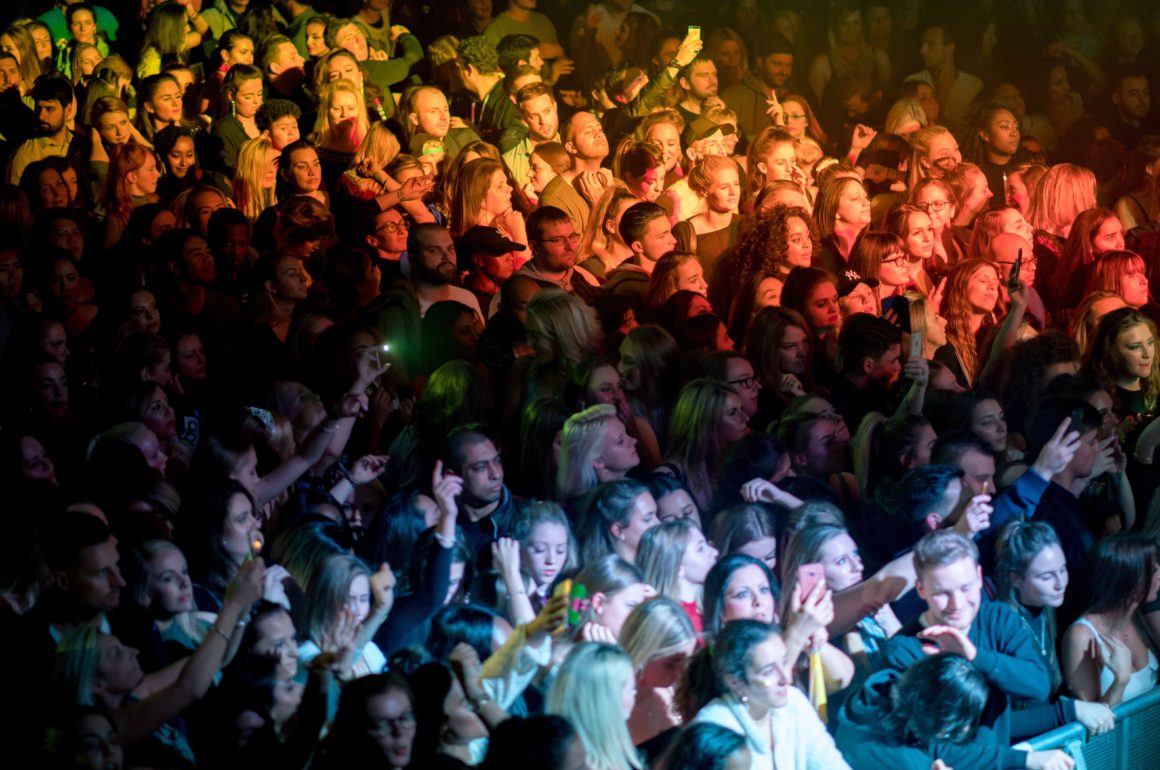
Leave a Comment